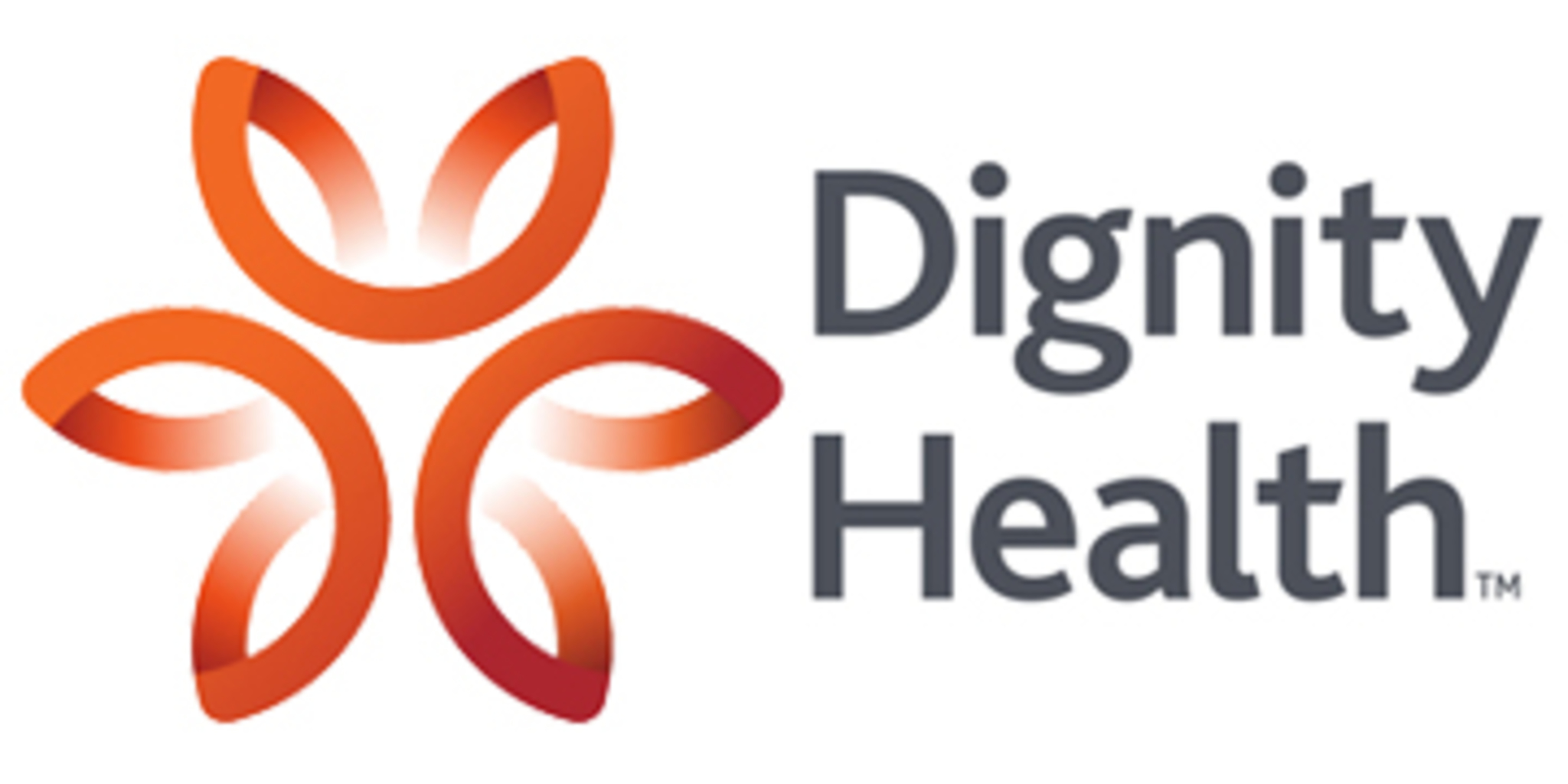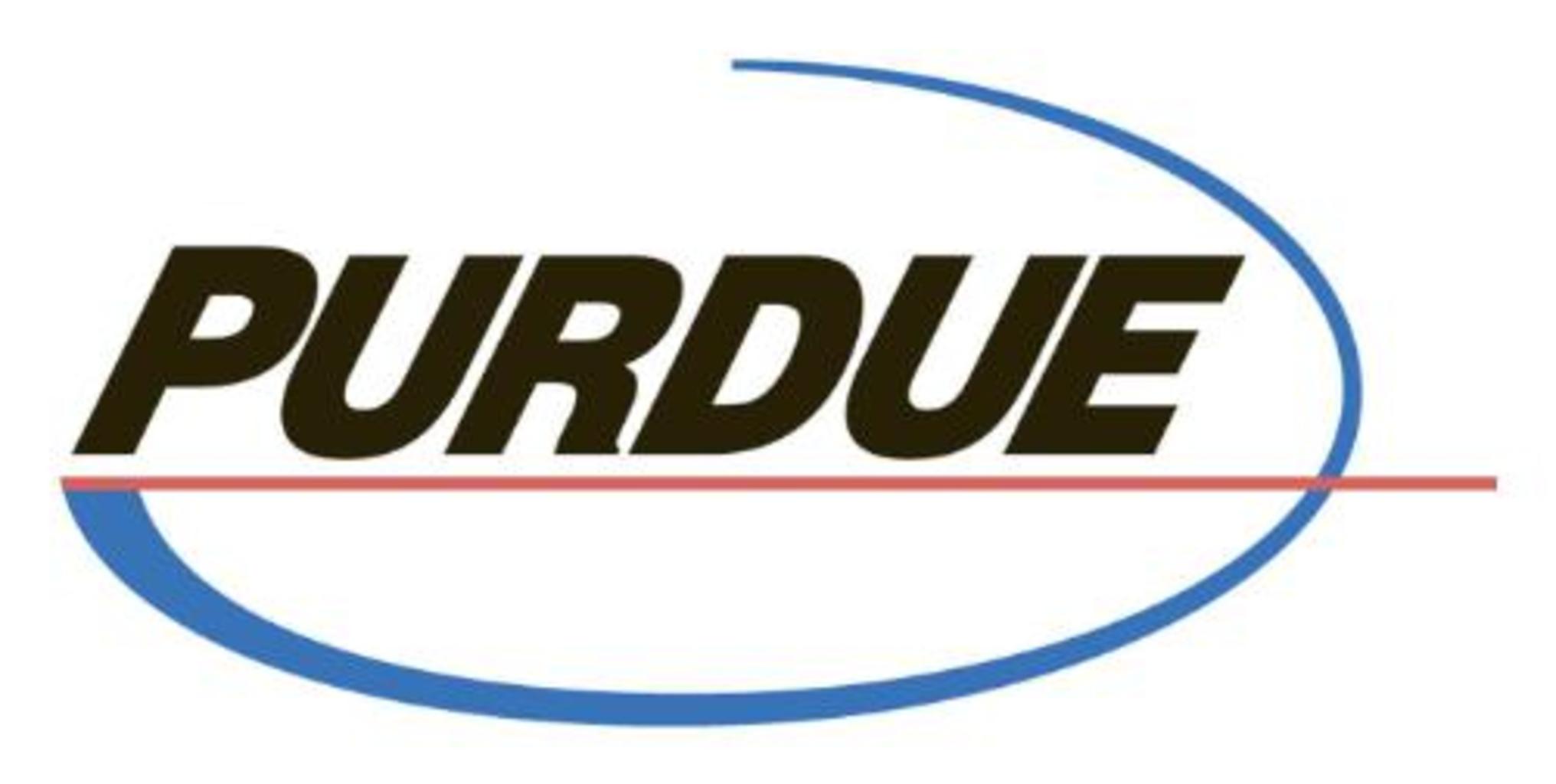Nine out of ten Americans believe that pharmaceutical and drug companies are generally dishonest, and only – 61 percent have unfavorable opinions of the brands that provide the drugs they take, according to data gathered by Newscred. And is it any wonder? In 2014, more than 60 percent of television commercials were pharmaceutical advertisements—we’ve got most of them memorized, we see them so frequently. At the same time, we read about villainous pharmaceutical executives like CEO Martin Shkreli, who make millions by price-gouging the drugs that people actually need to survive. It often seems like profit takes precedence over patients.
9 out of 10 Americans believe that pharmaceutical & drug companies are generally dishonest.
It’s a bum deal for the millions of drug researchers and health care providers who entered the profession with the single, noble aspiration of helping people live longer, healthier lives. The sector needs a public relations facelift, and some organizations have started to smooth over their images with content that revises public perception of what the health care and pharmaceutical industries stand for, shifting away from advertising and toward content that offers valuable, patient-centric information. Here are a few examples:
Dignity Health

Dignity Health, a national health care system headquartered in San Francisco, lives by the motto, “Excellent, affordable health care, delivered with compassion.” Dignity Health partnered with Upworthy to promote “Hello humankindness,” a collection of stories about caring and compassion towards others—behavior which, according to the project website, leads to positive health results like lowered blood pressure and lowered stress levels.
Dignity Health promotes compassion towards others, which can lead to positive health results.
Purdue Pharma

America is in the powerful grip of an opioid epidemic. Fifty-two people die every day from overdosing on prescription painkillers, in fact, which is spurring close examination of the ways that doctors are prescribing these powerful drugs. Purdue Pharmaceuticals, the company that produces OxyContin, sponsored a series of articles in The Atlantic that give a platform and a voice to several of the issue’s stakeholder groups; one of the stories is written by a doctor specializing in chronic pain management, another by the president of the Partnership for Drug-Free Kids. Opioid abuse is a challenging topic, but Purdue confronts it head-on, exploring different perspectives on how best to control drug abuse while still effectively treating people who live with chronic pain.
Purdue Pharma confronts opioid abuse head on while treating people who live with chronic pain.
Blue Cross Blue Shield of Michigan

BCBS of Michigan made the decision to move away from a standard blog to communicate information, and sponsored an entire site, ahealthiermichigan.org. The unique domain allows the health content, rather than the sponsor message, to take the spotlight. The posts encompass topics like mental health, positivity, and wellness at work in addition to food and fitness. Users can also get access to personalized content based on their interests, a health goal tracker, and community support by signing up for emails. It’s a great way for Blue Cross Blue Shield Michigan to make sure that its customers are getting the most relevant content possible.
BCBS Michigan’s health #content takes the spotlight, providing users personalized content.
Eli Lilly

Kids diagnosed with Type I diabetes have to absorb and retain a lot of very important health information, and little of it is easy or cheerful. On top of the medical challenges are the social ones—kids stress about their differences, and how those differences are perceived by their peers. Eli Lilly, which manufactures insulin and diabetes drugs, has partnered with Disney to make health information go down a little bit easier, and teach self-care and coping skills to kids with diabetes. For parents looking for resources, T1 Everyday Magic delivers—the site offers recipes, tips for dealing with unexpected classroom cupcakes, and ebooks featuring a diabetic monkey named Coco alongside Mickey and Pluto. There are also resources like printable checklists for doctor’s visits, and lots of advice from other families who have been in the same boat.
Eli Lilly partnered with Disney to help kids cope with diabetes in a self-caring & cheerful way.
